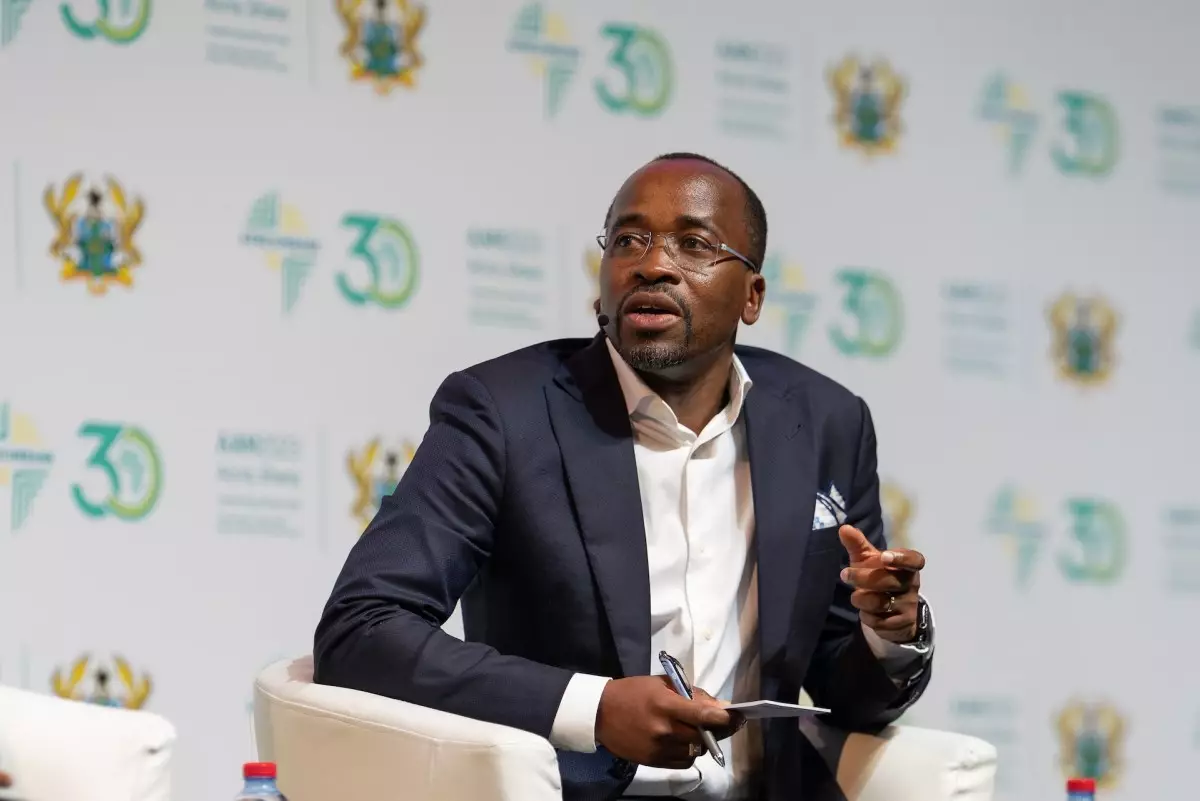As the demand for cloud services continues to eclipse previous records, technology companies are finding themselves in an arms race to establish and expand the necessary infrastructure. This competition is driven in large part by the burgeoning requirements for Artificial Intelligence (AI) compute, which have rocketed in recent years. Tech giants are not simply competing; they are forging partnerships and spearheading initiatives that promise to revolutionize connectivity and data services around the globe.
Prominent examples of this trend can be seen in initiatives like Microsoft and BlackRock’s combined $30 billion fund aimed at bolstering the data center and energy infrastructure to support this growing AI ecosystem. Similarly, Meta is planning an ambitious $10 billion subsea cable project that aims to enhance global connectivity. These initiatives underscore not just a response to consumer demand but also a proactive approach to enhancing the technological backbone capable of supporting future innovations in AI.
In this race, Google’s recent announcements highlight a dedicated focus on Africa’s digital landscape. The introduction of the Umoja subsea fiber-optic cable, which will connect Africa with Australia, represents not just an engineering feat but a critical step towards reinvigorating the continent’s connectivity issues. Alongside this, the tech giant’s partnership with Cassava Technologies, and the announcement of a $90 million funding injection, signals a commitment to strengthening Africa’s digital infrastructure.
The reasoning behind Google’s equity investment in Cassava, despite the lack of explicit comments, is clear when considering the context: Africa has experienced significant challenges concerning internet connectivity in recent months, attributed largely to faulty undersea cables. By shoring up companies like Cassava, Google aims to alleviate these disruptions, thereby fostering a more robust groundwork for both local businesses and consumers looking to navigate an increasingly digital world.
Cassava Technologies, a spinoff of the African telecommunications company Econet, has positioned itself as a key player in the continent’s technological growth through a series of expansive initiatives. With an impressive $310 million total funding, including $220 million in credits for its subsidiary, Cassava is set to leverage this influx of capital to enhance its infrastructure across various sectors, including data centers, fiber broadband networks, and renewable energy.
Cassava’s CEO, Hardy Pemhiwa, emphasized the transformative potential this funding could unlock. His statement implies a strong vision for leveraging technology to bridge the digital divide that has long hindered certain regions of Africa from realizing their full potential in the global digital economy. The company’s strategic approach goes beyond mere infrastructure; it aims to cultivate a sustainable ecosystem that breeds growth and innovation.
While Africa is undoubtedly a focal point for Cassava Technologies, the company’s ambitions extend to other regions perceived as key growth markets, including the Middle East, India, and Latin America. This broader strategy signals a recognition of the interconnectedness of global digital economies and the necessity of establishing solid footing in multiple regions to harness growth opportunities.
One of its key subsidiaries, Liquid Intelligent Technologies, exemplifies this ambition, having collaborated with Google to develop the terrestrial segment of the Umoja cable. This partnership is crucial for enhancing the infrastructure from Kenya through several African nations to South Africa, thereby integrating economically diverse regions into a unified digital framework.
Collaborations like the one between Cassava’s Liquid C2 and Google emphasize the growing significance of generative AI technologies across the continent. As noted by Google Cloud CEO Thomas Kurian, businesses are increasingly looking to AI to enhance operational efficiencies and enrich customer experiences. This shift suggests that Africa is not just a passive recipient of technology but is becoming an active participant in emerging trends that dictate the future of global commerce.
The substantial investment of $1 billion from Google into Africa’s digital economy further illustrates a decisive commitment to supporting the region’s technological advancement. This capital investment serves as an essential backbone for businesses across various sectors, allowing them to access sophisticated cloud services and AI-driven solutions tailored to meet the specific needs of African markets.
As cloud computing and AI technologies continue to advance, the concerted efforts of companies like Google and Cassava Technologies promise to reshape the interconnected landscape of global digital infrastructure. With strategic investments channeled toward enhancing connectivity, improving technological access, and fostering innovations, the next few years could prove pivotal for Africa as it steps onto the world stage as a vibrant participant in the digital economy. The road ahead is filled with opportunities, potentially transforming both individual lives and entire industries across the continent.

